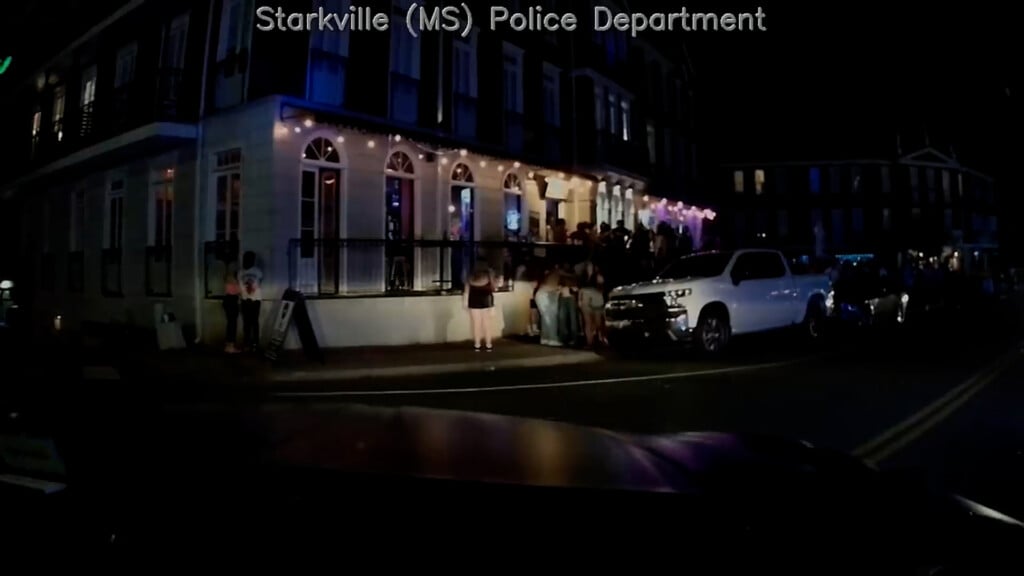Finger-Scanning System Concerns Day Care Centers
Operators said Wednesday that it’s another effort to cut payments when they already feel squeezed. They said parents may pull their children out because of the hassle or because they fear having their finger scanned.
The state Department of Human Services was not invited to a legislative hearing Wednesday when complaints were aired. DHS Director Ricky Berry wrote in a letter to state Sen. Albert Butler, D-Port Gibson, that the system will cut costs and stop centers from being paid when children aren’t there.
Butler, chairman of the Investigate State Offices Committee, said he plans another meeting to give the department a say, and wants administrators to hold a public hearing on the rules. Those rules are currently up for public comment.
DHS plans to adopt the rules Oct. 1. Scanners are currently being tested in some Jackson-area centers. They’re supposed to be rolled out Nov. 1 in 38 counties in southwest Mississippi, the Delta and around Jackson. The remaining 42 counties are supposed to start using the scanners Feb. 1.
Carol Burnett, executive director of the Biloxi-based Low Income Childcare Initiative, said DHS appears locked into its course of action.
“I don’t foresee that hearing changing DHS’ mind about implementation,” she said. “Truthfully, they seem pretty committed.”
Berry wrote in his letter to Butler that the state had used $1.7 million from Gov. Phil Bryant’s contingency fund to buy the scanners. He said the state will contract with Xerox Corp. to run the system, as an add-on to Xerox’s existing contract with DHS to run its electronic payment systems. A cost schedule provided by Berry shows that the state would pay $1.9 million a year if 25,000 vouchers are in use.
Burnett said her group had obtained an invoice showing the state will pay Xerox $12 million over five years. She did not provide a copy of the invoice to The Associated Press by late Wednesday.
Burnett argues that money could be better spent on paying for more children to attend child care. The number of children receiving federally-funded vouchers has fallen sharply in Mississippi, and many centers say they are in financial distress. Many observers say that’s because federal stimulus money ran out, but Burnett’s group argues it’s because DHS is wasting money paying for frills.
“The program needs to have more money so more children could be served and stabilize the financial situation of centers,” Burnett said.
DHS didn’t respond to direct questions, but released a statement saying the finger-scanning effort is part of an attempt to “increase the number of children who could potentially be served and save federal money.”
Child care operators say they fear precisely measuring days and hours is a way to pay them less, noting that parents who pay for child care with their own money typically pay by the week, no matter how long children actually attend. Operators say they have to pay employees and cover overhead no matter how many children come on a particular day.
“I feel like it was something to cut down the number of certificates,” said Lutaya Stewart of Jackson. “Honestly, I don’t think they care to educate our children. It’s affecting mostly children of color.”
Louisiana adopted a finger scan system in August 2010. Figures show the number of children getting vouchers in Louisiana has fallen 35 percent since it implemented finger scans. But the number was already falling before then and has gone down steadily since, not dropping all at once. Oklahoma and Indiana require parents to use a card swipe program to check children in and out of care.
Center operators are also upset because they may have to pay for a separate phone line.
Shirley Hampton, who operates Jamboree Child Development Center in Jackson, said parents are having so much trouble with the scanner that she may need to hire an employee just to help run it.
“Oh, it’s going to save money for DHS, but it’s going to kill us,” Hampton said.





Leave a Reply